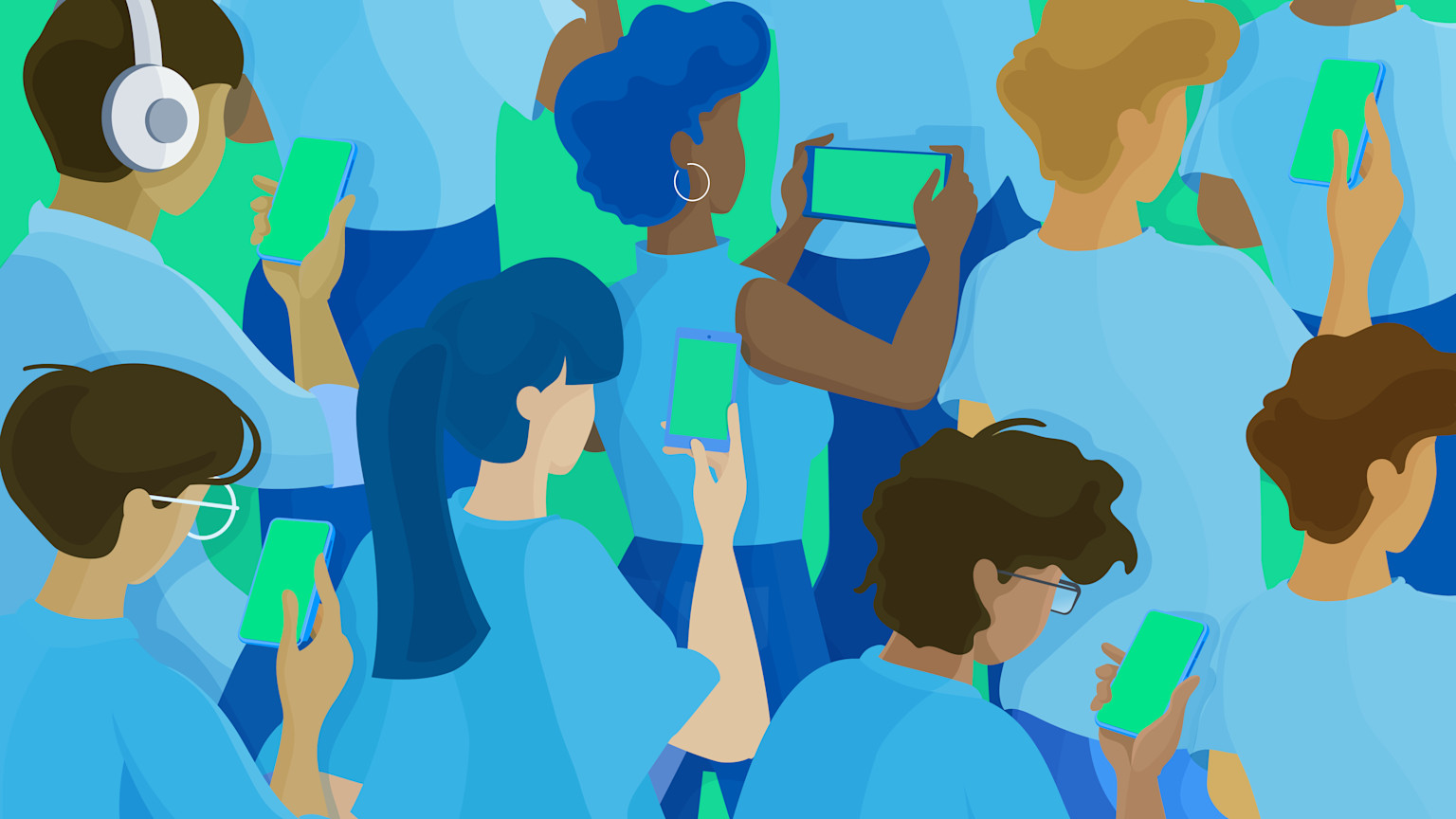The future of technology: Contentful experts on what Covid-19 hasn’t changed

We’ve written our share of white papers, blog posts and tweets about how Covid-19 has changed our personal and professional lives. But that doesn’t mean the pandemic has upended everything. Some things haven’t changed. Our Contentful teammates wrote about what’s still true and will continue to be true from the “before time.”
We’re still social beings
It seems we’re as social as ever. We can’t always see people face-to-face, but we can give them a video call and have a chat. Large parties aren’t happening like they normally would, but we’re still sending gifts online and joining a Zoom celebration.
Jeff Glasson, vice president of engineering, wrote about attending his mother’s birthday, thanks to new tech. He writes, “I am happy I was able to share in my mother’s 80th birthday even though I was unable to travel. Without video conferencing, I wouldn’t have been able to see her. It wasn’t the same as physically being there, but we made the best of it.” Video calls like this made social distancing mandates bearable for many of us.
Contentfuler@s (that’s what we call ourselves!) seem to be grateful for the opportunity to bring their tools usually reserved for work into their home to stay social — even if it was a bit odd at first. Gabriel Dillon, strategic partner manager, writes that the pandemic “blew up video chat. It was already big for many folks, especially in business, but now I video chat with my sister? Weird.”
Our love/hate relationship with technology continues
How many times have you heard people say they have a love/hate relationship with technology? Probably so many times that it’s now a cliché — but an accurate one.
While Jeff celebrates the connection technology affords, he also points out the persistent struggles that technology creates. He writes, “As far as addiction to technology goes, I’m not sure that’s changed much. Pre-COVID, people spent a lot of time on social media. What’s really changed is the dependence business has on technology. We won’t know for sure until after the pandemic recedes as to whether or not business has developed an addiction.” In other words, some people were staring at their phones before the pandemic, and they’ll stare at them after.
This paradox was summarized nicely by Rob Pannoni, director of learning services. He writes, “Covid has been an accelerant for our love/hate relationship with technology. We depend on it as our only means of social contact even as we see it poisoning us.”
But those harmful effects of technology don’t have to stick around. Rob suggests that we might be able to turn this love/hate relationship into a love/love relationship in the future. He thinks accomplishing this relies on individuals, companies and governments working together. He writes, “I expect to see a movement to redefine our relationship with technology where we think carefully about its social impact. I think this will happen across multiple actors. Government will take more interest in the social impact of technology. Technology providers will innovate to reduce harm rather than risk a backlash. The increasing recognition of the perils of technology is an opening for new providers and business models to emerge. And users will make more conscious decisions about the role they want technology to play in their lives.”
In-person contact still matters, now and in the future
An overwhelming number of Contentfuler@s talked about how important in-person contact still is. Darren Duarte, agile coach, points out that the best way to see if people value something is by watching how they react when they lose it. With social distancing mandates, he writes that “Covid-19 has actually made people think more about their human interactions and value them more. I already see people switching off from ‘always being connected.’ I think there will be a trend towards healthier boundaries between IRL (in real life) and people's digital lives.”
Darren and Zach Ettelman, strategic partner manager, suggest more people will distance themselves from technology in both their work and home lives as soon as possible. And businesses will need to be ready to re-engage in the physical world. Zach writes, “I think brands that are able to have purposeful in-person, or experiential, campaigns will flourish. But we all know that digital is a key component of experiential. How a digital experience gets blended with in-person experiences will be the deciding factor in what companies win big and what companies go out of business.”

Societies have always developed in conjunction with technology
One thing’s for sure: technology has always played a significant role in how humans have interacted. We’ve already talked about the value of new digital tools, and how they’re enabling us to continue working and connecting with loved ones. But people once praised trains, the telegraph and fax machines for similar reasons.
Our CTO and co-founder Paolo Negri pointed out this consistency. He writes, “I find that human history is threaded with technology to the point you can’t tell them apart. From this point of view there’s not a dependency [on technology] of sort, but one thing is the other.”
So, while the Covid-19 pandemic may have prompted businesses and individuals to use digital tools more than ever, there’s some things that were true before 2020 and will continue to be true long after 2021.
This post is part of our Digital forecast interview series. What to keep thinking about what’s coming next? Watch interviews from industry leaders and read more from digital builders at Contentful on the future of technology.



